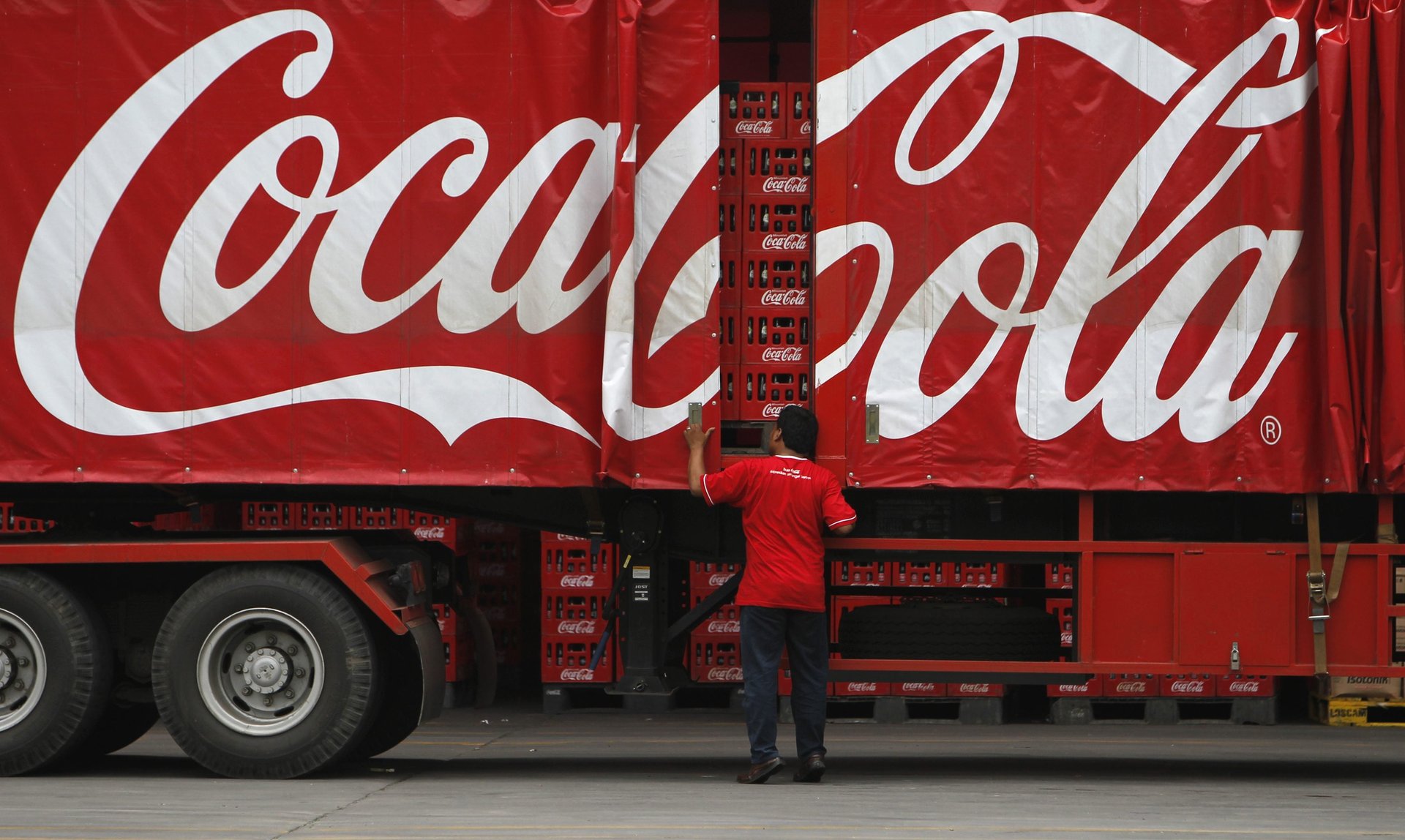A handful of US cities have passed soda taxes, but are they working?
In March 2015, Berkeley, California became the first city in the United States to enact a soda tax: a one-cent surcharge on every ounce of sugar-sweetened drinks sold. In the five years since, several other cities—including San Francisco, Oakland, Boulder, Colorado, Seattle, and Philadelphia—have passed their own beverage ballot initiatives.


In March 2015, Berkeley, California became the first city in the United States to enact a soda tax: a one-cent surcharge on every ounce of sugar-sweetened drinks sold. In the five years since, several other cities—including San Francisco, Oakland, Boulder, Colorado, Seattle, and Philadelphia—have passed their own beverage ballot initiatives.
The logic behind a sin tax boils down to simple economics. If the price of a product increases, sales can be expected to decrease. But the end goal of a soda tax isn’t simply to cut soda consumption—it’s to reduce the health problems associated with sugar. So as the first round of soda taxes gains traction, it’s time to ask: Are they working?
The answer is hard to find, because research is limited. And what evidence exists is mostly focused on consumption, not health.
A new study published in the May edition of the journal Economics & Human Biology, for example, explored how a tax on soda played out in Seattle. After adopting a 1.7-cent tax for every ounce of soda at the beginning of 2018, soda prices rose by about 59%—and correspondingly, sales fell by 30.5%. Similarly, a study published this week found that a penny-per-ounce soda tax passed (and repealed four months later) in Cook County, Illinois decreased purchases of sugary drinks by 21%. In Philadelphia, soda sales reportedly fell 46%.
Alone, those numbers don’t tell you the soda tax caused the drop in drinking: Market data suggest people are voluntarily choosing other drinks over soda, particularly water. But having a tax in place does appear to encourage the switch. Compare Seattle to Portland, which does not have a tax: In the same time period after January 2018, the researchers found sugary drink sales in Portland only dropped by 10% compared to Seattle’s 30.5%.
In general, a review of research on soda taxes published in 2019 showed them to be effective based on sales.
But sales don’t necessarily reflect health outcomes. They don’t even necessarily reflect peoples’ total sugar intake. In Berkeley, research found that sales of sugar-sweetened beverages decreased, but self-reported consumption habits didn’t.
Measuring the true effectiveness of a soda tax is difficult. Public health advocates agree that high sugar consumption contributes to the United States’ rising obesity rates, which open the door to problems including heart disease, stroke, and type 2 diabetes. But to determine whether a tax can influence those disease rates requires tracking and analyzing shopping behaviors, picking what products and brands you want to track, and getting access to that data with a partnering retailer. Then, perhaps even more difficult, is using that data to understand how it fits in a community’s broader health profile.
Because those results and thorough analyses aren’t immediate, the slow drip of research findings can often get buried in the intense debate around sin taxes.
In the end, though, the success of a soda tax may have less to do with consumers than corporations. These taxes represent an existential threat to the big companies—like Pepsico and Coca-Cola—behind popular brands such as Sprite, Diet Coke, and Mountain Dew. They have fought hard against many of the ballot initiatives, often outspending efforts by health activists seeking their passage.
So the effect of a soda tax isn’t just on individual decision-making, but high-level industrial choices. A study recently published in PLOS Medicine suggests, based on UK soda taxes, that the overall political climate is having an effect on the moves companies make. They’re reducing the amount of sugar in their drinks, experimenting with sugar alternatives, and, in some cases, are acquiring companies that make different kinds of drinks altogether. Consider Pepsico’s $3.2 billion acquisition of seltzer-maker Sodastream in 2018.
Even if the jury is still out on the effectiveness of soda taxes, they are still being adopted. British Columbia last week adopted a 7% tax on sugary beverages, which will go into effect in July.